RSC Analyst Competition 2025 – Celebrating Our Sixth Form Chemists!
We are proud to share that three teams of Year 12 students took part in this year’s Royal Society of Chemistry Analyst Competition.
We are proud to share that three teams of Year 12 students took part in this year’s Royal Society of Chemistry Analyst Competition.
A Celebration of Change and Adaptation!
Four teams completed the Royal Society of Chemistry, Top of the Bench Competition task. The teams were asked to create a poster on a Transition metal. Three of the teams were selected to be entered. Their entries are below.
Dr Numbrere-Nmaju, Science Department

RSC TOTB Competition ~ 2024/2025

Articles:
This competition was certainly a valuable experience, I believe: to form a team, partaking in research, writing and design, and to produce something is great. In spite of a group dilemma of transition metals to choose from - with some unusual suggestions, much like throwing darts at the periodic table, there seem to also be many choices that are interesting, rather important in daily life and specific applications, extraordinary in properties, or relevant to the future, and even a combination of these. It was certainly enlightening to learn, through our investigation and presentation of a transition metal, of the extent and application of chemistry, and to delve into the subject which I find myself often fascinated by. Teamwork was also valuable, as we were all eventually tasked with our areas of research, and in simultaneously iterating and criticising our design ideas, we also linked all of our ideas together, both in presentation and understanding. The aspect of design was also a dilemma, but the result was resolved and enthusiastically completed.
Tianming Xie, Year 10
 I am truly proud of what my group has accomplished within and outside the bounds of this poster: improved organisation, collective research, and great teamwork. This poster is one collection of our communication put into words and illustrations, but overall, our knowledge of chemistry has improved tremendously (to the point where we couldn't fit all our research on the poster!)
I am truly proud of what my group has accomplished within and outside the bounds of this poster: improved organisation, collective research, and great teamwork. This poster is one collection of our communication put into words and illustrations, but overall, our knowledge of chemistry has improved tremendously (to the point where we couldn't fit all our research on the poster!)
Great work everyone!
Isabelle Raphael, Year 11
Leader of the BGS winning group

![]()

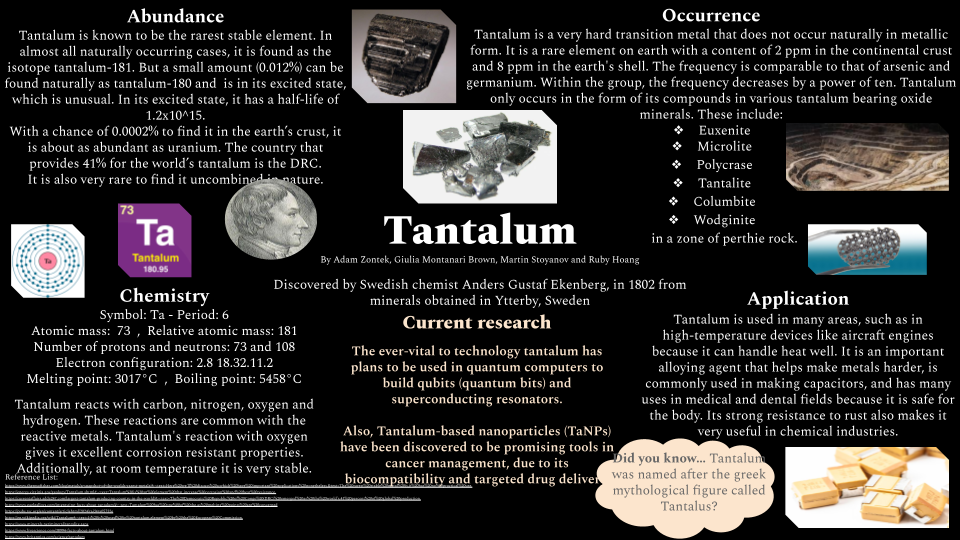
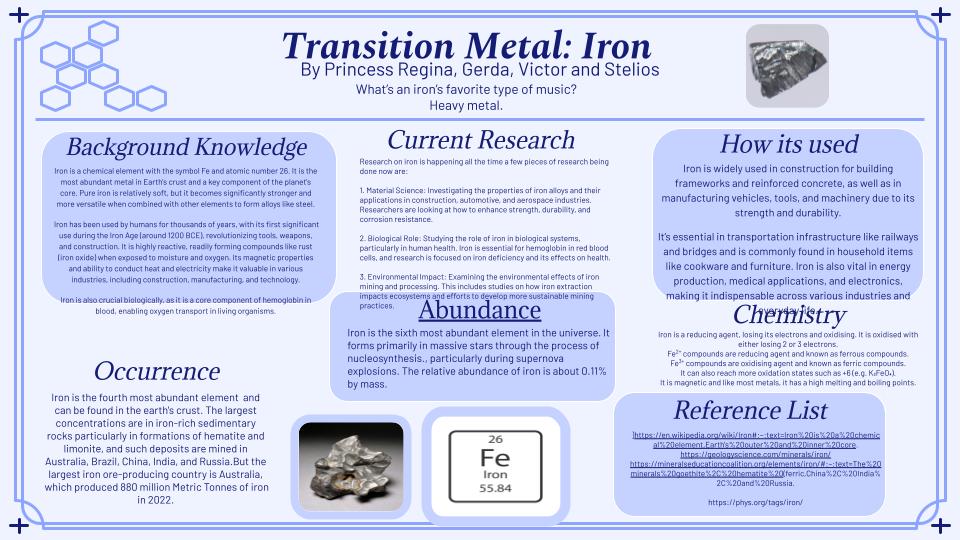
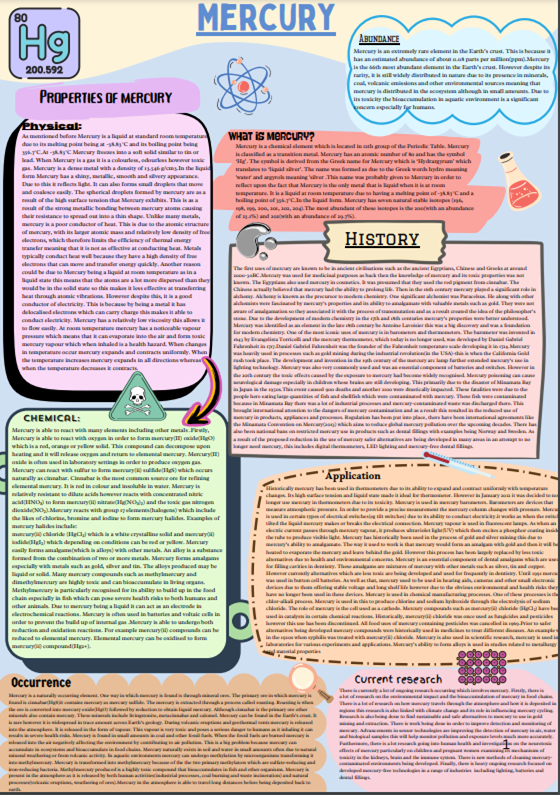

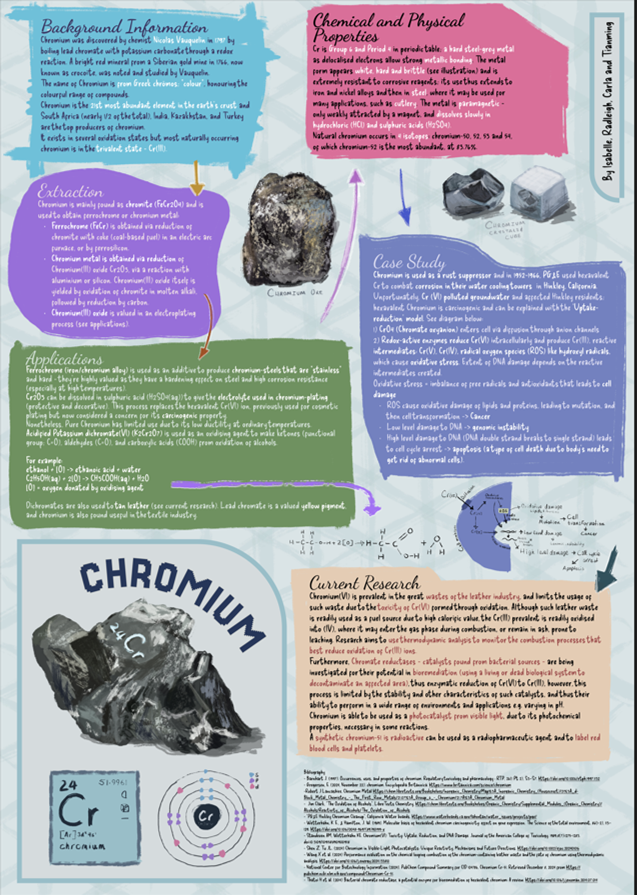
Earlier this term, some lucky Year 12s studying Higher Physics IB had the amazing opportunity to attend an enlightening experience at Townley Grammar School with special guests from the aerospace careers programme.
I was very shocked to find out that aerospace is one of the biggest engineering fields in the UK, especially considering I, along with the rest of my cohort, knew very little about it and how to obtain a career in this field. This made the whole experience so much more interesting and useful as we got to explore an industry that we hadn't before. The day was filled with informative talks, VR demonstrations, and we even had the opportunity to use the equipment they work with as real aerospace engineers.
My highlight was our Q&A with a Boston Dynamics model of the robot, 'Spot'. I have been lucky enough to work with one of these before from a coding perspective, so it was very interesting to see the AI features of the model and how it could listen to our questions and give us an answer. We asked so many questions with Spot's answers ranging from ones in Japanese to explaining why he can't dance.
 A huge thank you to the physics department for this amazing opportunity. We have all learnt so much, and I definitely want to explore aerospace engineering more in the future...
A huge thank you to the physics department for this amazing opportunity. We have all learnt so much, and I definitely want to explore aerospace engineering more in the future...
Matilda Jackson, Year 12
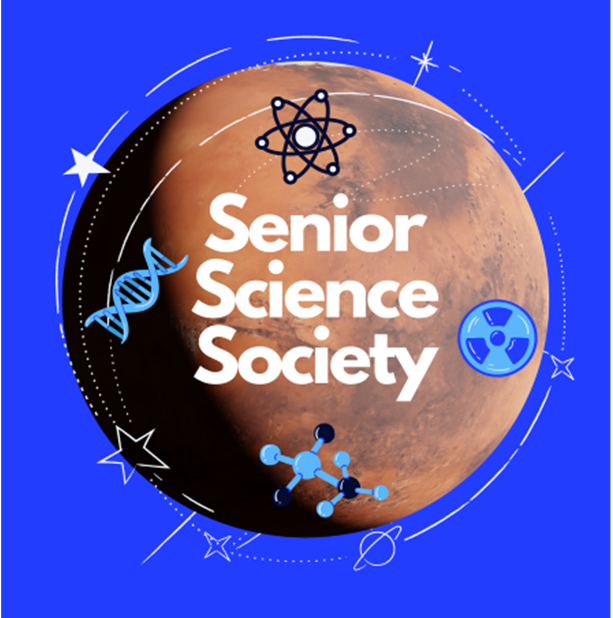 This week, I presented “Real-Life Ethical Issues In Neurology” at Senior Science Society! This is a topic I find incredibly fascinating and was eager to explore further.
This week, I presented “Real-Life Ethical Issues In Neurology” at Senior Science Society! This is a topic I find incredibly fascinating and was eager to explore further.
This week, the Senior Science Society discussion (Thursday lunchtimes in M15) was on clinically induced seizures. My presentation began with a hypothetical scenario where everyone had to place themselves in the role of the doctor advising a patient. The scenario included a patient with a widespread condition of seizures caused by epilepsy which remains uncured. The doctor is given an opportunity to clinically induce a seizure in the patient, which would provide the information needed to cure this condition and potentially save millions, but it could also be fatal for the patient. Surprisingly, 12 people voted against the controlled seizure, whilst only 6 voted for the seizure. Most of the group believed that there were too many ethical issues in placing the patient in a controlled seizure, knowing that it could cause long-lasting physical and psychological harm. Then, when the scenario changed and the patient was now a close family member (or yourself), the vast majority (16 people) voted against the seizure and only 3 voted for it! Some people argued that it was “worth the risk”, whilst others oppositely argued that they believed their life was too precious, and would not be worth ending for a scientific discovery.
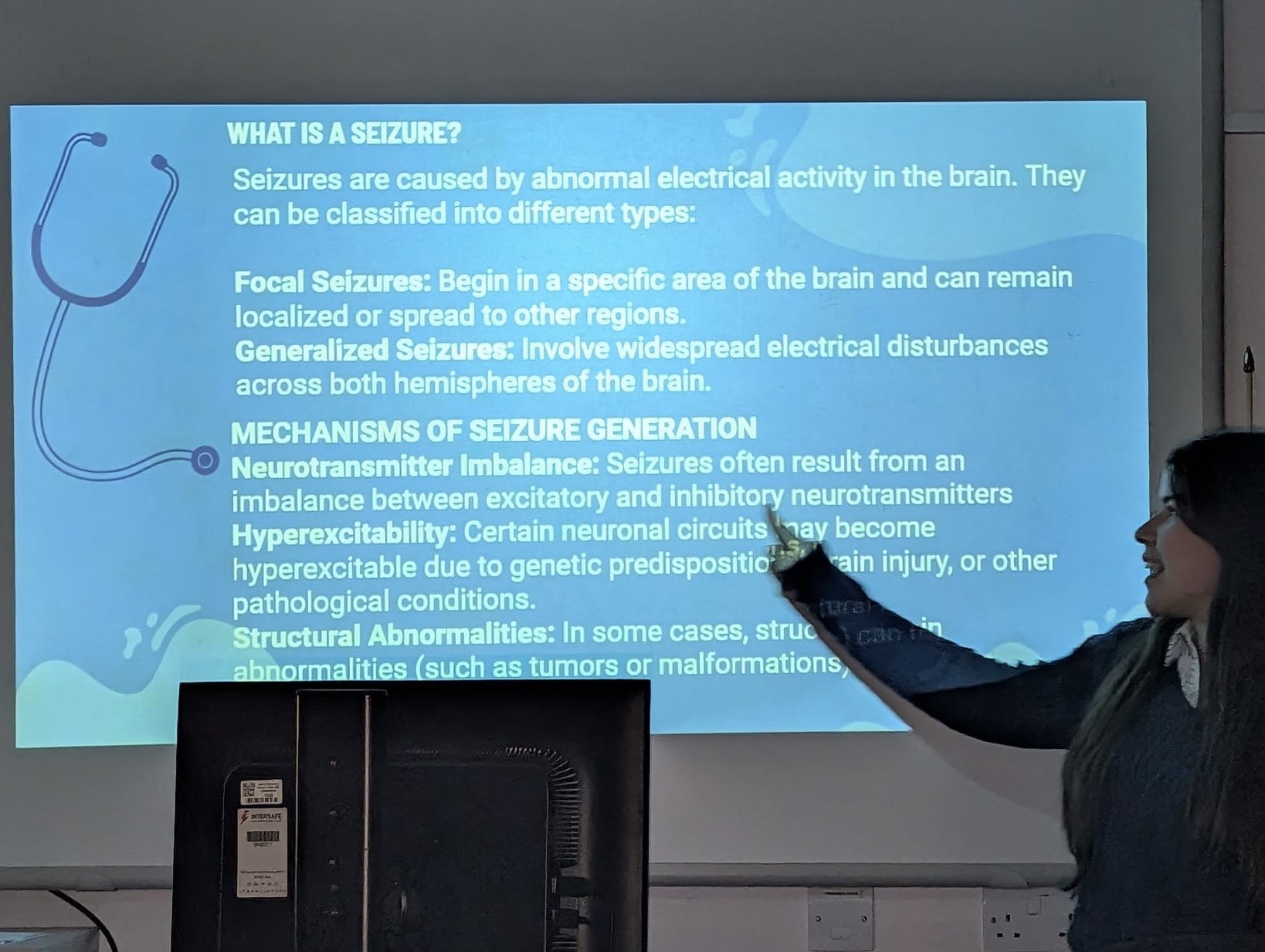
Seizures can either be focal (localised in one part of the brain) or generalised (widespread across the brain) and I explored the many techniques used to clinically induce seizures, which include photosensitivity tests, medication withdrawal (AEDs), sleep deprivation, electrical stimulation or stressors. Something I found interesting was that there are both invasive types of electrical stimulation (cortical stimulation with electrodes) and also non-invasive techniques (transcranial magnetic stimulation with magnets). This is followed by monitoring, data collection and then applications of the induced seizure. And finally, we discussed in further detail the specific ethical issues and considerations, including the Hippocratic Oath followed by doctors specifying that they will do no harm.
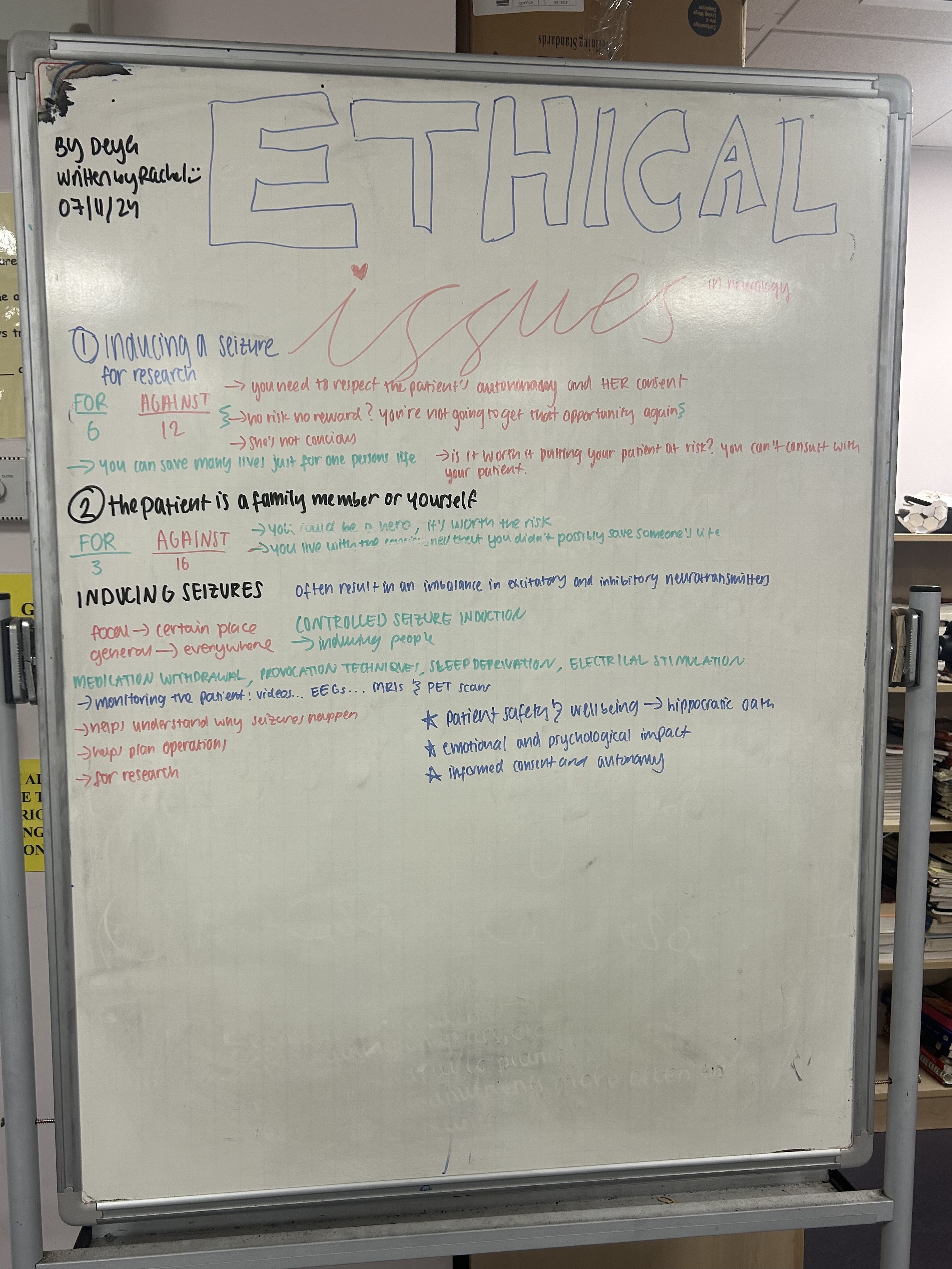
Presenting the science behind clinically induced seizures, as well as having group discussion about the ethics, was very fascinating to me. I can’t wait to see what is being discussed next week!!
Deya Dimitrova, Year 12

 Having the opportunity to attend Alexandra Quan’s talk about Earth Sciences at Royal Holloway was very inspiring. Since this course was something I had not previously heard of before, this was new information to me and was incredibly useful! We were enlightened about all the possible societies, trips (to Cyprus, Tenerife, etc.) and events associated with this university course, as well as university life in general. I have to say a massive thank you to Alexandra for her talk and all of her information today!! Especially since I am also doing Biology as one of my Higher Level subjects, seeing how Alexandra went to uni for this subject was something that definitely personally resonated with me.
Having the opportunity to attend Alexandra Quan’s talk about Earth Sciences at Royal Holloway was very inspiring. Since this course was something I had not previously heard of before, this was new information to me and was incredibly useful! We were enlightened about all the possible societies, trips (to Cyprus, Tenerife, etc.) and events associated with this university course, as well as university life in general. I have to say a massive thank you to Alexandra for her talk and all of her information today!! Especially since I am also doing Biology as one of my Higher Level subjects, seeing how Alexandra went to uni for this subject was something that definitely personally resonated with me.
Deya Dimitrova, Year 12
The Senior Science Society were blessed to have the privilege of hosting Alexandra Quan from Royal Holloway University of London. She gave us a deep insight into her course, Earth Sciences, and illustrated the university life we will be experiencing soon! Alexandra, being a former BGS student, deeply connected with us as she told us about her journey into Earth Sciences, starting with Biology in her first year. Alexandra also highlighted how important the practical laboratory work on her course is, emphasising how it complements theoretical knowledge and prepares students for future research opportunities in large companies, such as BP or even Thames Water. The talk was incredibly inspiring and gave us a preview of what’s to come if we followed her steps!
The entire Senior Science Society would like to thank her for taking the time out of her schedule to talk to us. Thank you, Alexandra!
Jesse Oshogwe, Year 12

 Last week, BGS Year 12 Senior Society attended King’s College’s annual Daniell Lecture. These are delivered by internationally renowned scientists and cover a topic of current interest or excitement in memory of Professor Daniell.
Last week, BGS Year 12 Senior Society attended King’s College’s annual Daniell Lecture. These are delivered by internationally renowned scientists and cover a topic of current interest or excitement in memory of Professor Daniell.
First we heard from a PhD student who is exploring cutting edge nano medicine. I was particularly inspired by her masters project focussing on simultaneously diagnosing and treating diseases. We also heard from Professor Rebecca Goss, who was the first female professor of organic Chemistry at St Andrews in Scotland. It was amazing to see such an ambitious and successful woman in that position. She demonstrated to us how we can start building molecules sustainably, exploring areas of chemistry and biology.
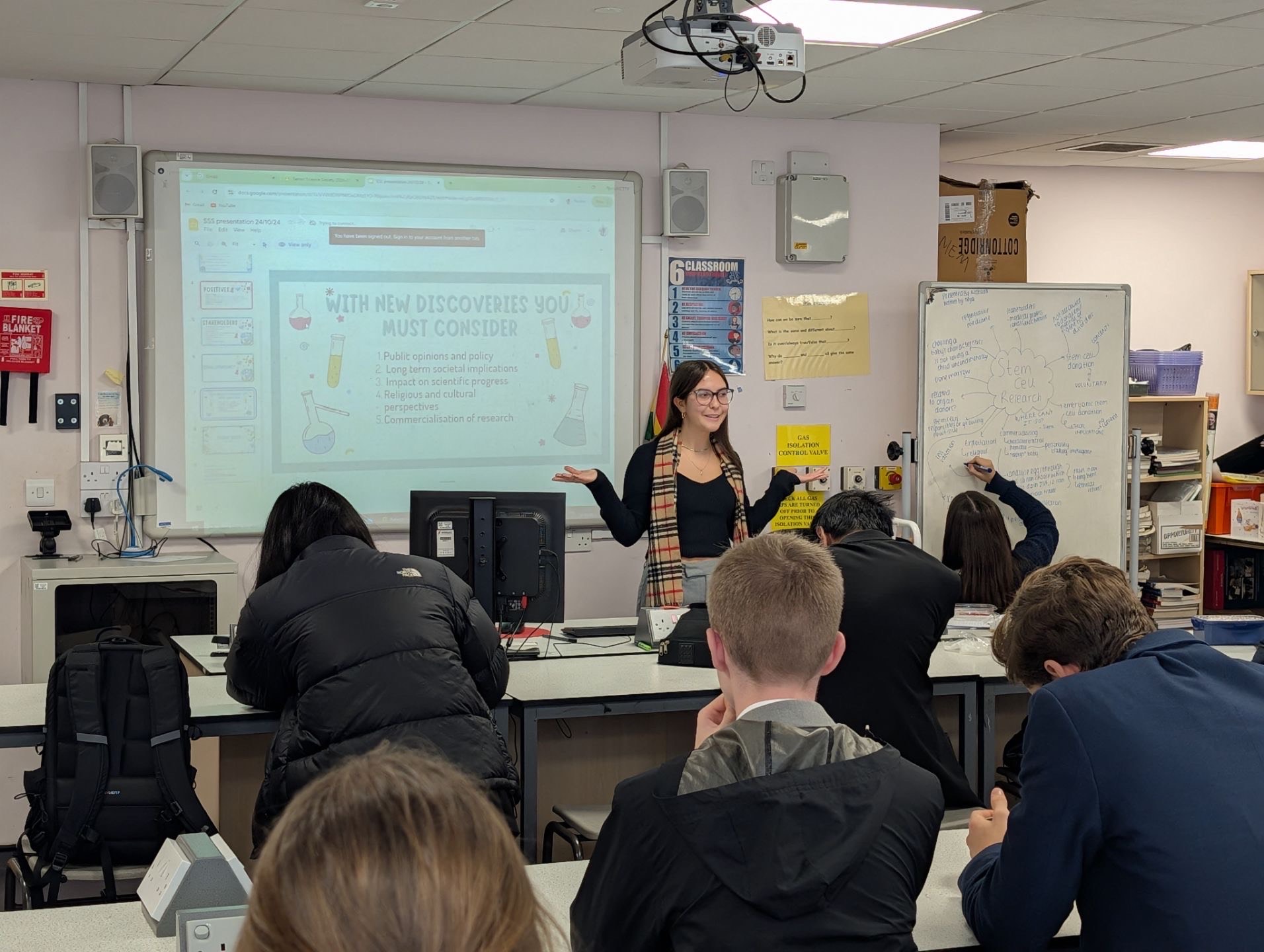
The Senior Science Society is a group of aspiring scientists in Year 12 who all come and meet every week. It is such a great opportunity to collaborate and fully embrace our subject. We took the initiative and booked tickets for this lecture and all attended together. It is so nice to work with like-minded students and I look forward to our meetings every week.
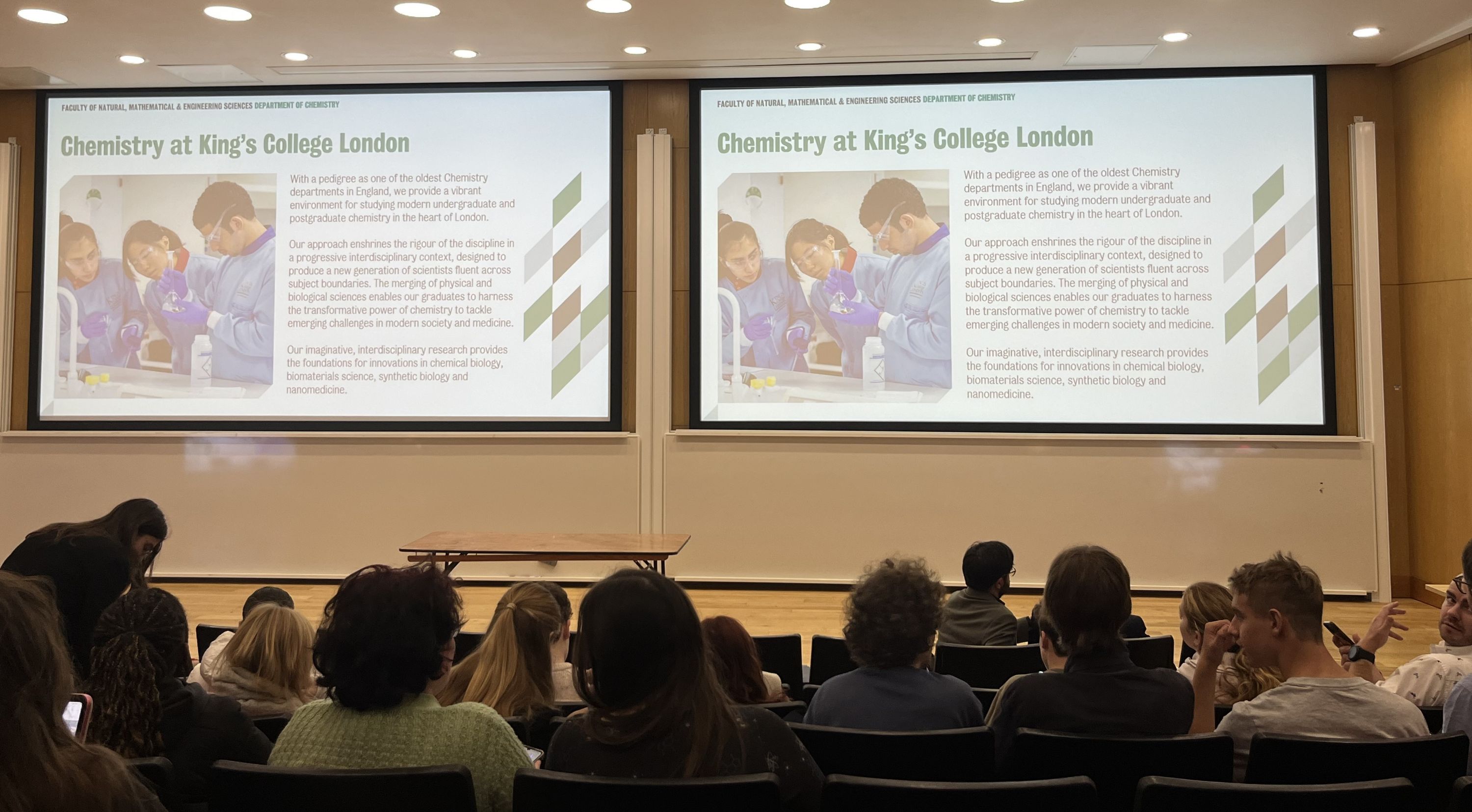
Last week I had the opportunity to run a debate on the ethics behind stem cell research. I really enjoyed seeing everyone get stuck into the topic and discuss what science looks like outside the theory within our curriculum. I am really looking forward to seeing what else we will do within our society in the future…
Matilda Jackson, Year 12

Following the Year 10 success in the Biology Challenge competition, we have the results from the Year 12 Intermediate Olympiad Biology competition. This is a very tough and competitive challenge involving only the brightest 16–17 year old Biology students around the world.
22 BGS students took part and over half of them were awarded a certificate, including 1 x Bronze and 3 x Silver, and for the first time since 2020, we have a Gold award too!
Mrs Gradley, Subject Leader for Biology

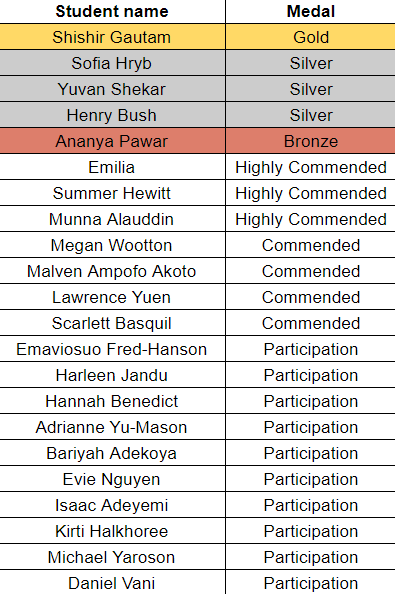
The following students took part in the national competition; Cambridge Chemistry Challenge, which really challenged the students. Our students, filled with the highly developed BGS ethos of intellect and courage, worked through unfamiliar content (Year 13 IB spec) as well as unfamiliar contexts.

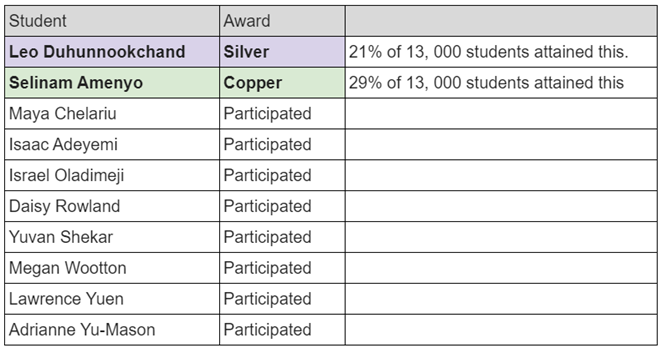
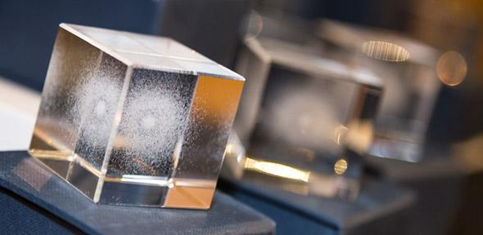
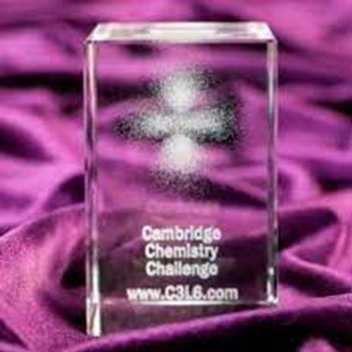
Dr Numbere-Nmaju
Subject Leader for Chemistry
 In the last few weeks, Year 8 got to go on a trip to Wildwood for science. While we were there, we got to do a CSI investigation where we got to figure out who killed Mr Rabbit. There were a series of clues such as fur, feathers and paw prints to help us with this. Additionally, we went on a wildlife tour and got to see a variety of animals such as bison, wallabies and otters. On top of that, we got to play and shop as well!
In the last few weeks, Year 8 got to go on a trip to Wildwood for science. While we were there, we got to do a CSI investigation where we got to figure out who killed Mr Rabbit. There were a series of clues such as fur, feathers and paw prints to help us with this. Additionally, we went on a wildlife tour and got to see a variety of animals such as bison, wallabies and otters. On top of that, we got to play and shop as well!
This trip was great fun, and I’m very happy that we got to go on it.
Click on the link here to view the Wildwood Photo Gallery
Liv Harmer, Year 8
The Biology in Action trip certainly provided a useful and insightful look into the multitudes of different careers and opportunities within the broad subject of biology. A small group of us, all higher biology students, attended the trip to Emmanuel Hall in Westminster, along with a few other schools too. The centre looked amazing, with amazing speakers there too. Every lecture was around 45 minutes long, discussing various different uses of biology in everyday life and so many different career paths instead of the presumed doctor, dentist, or veterinarian that always comes to mind to a lot of people, including me, when a career in biology is mentioned. There were six lectures throughout the day, varying from exam tips to research expeditions, virology, and even methods of saving species from extinction, such as the Northern White Rhino, which was certainly unique and interesting. To me, the most interesting lecture was the one on virology, with the speaker sharing her role in science and even sharing her method of discovering a once unknown outbreak of plague around 4000 years ago, which certainly inspired me to perhaps follow a career in that sector of science. Overall, the trip opened my eyes to many unique and exciting opportunities for me in science and widened my knowledge of the subject of biology and the impact it has on our living world.
George Claydon, Year 12

Overall, the trip was a great day out in such a nice venue; it was a pleasure to have the opportunity to be able to listen to such experiences from experts in the field. A variety of compelling lectures were given, one on the awesome experiences in the Amazon Rainforest, major trauma centres around the UK, an emotive talk on the Northern White Rhinos, a talk from Miss Estruch and a talk from a PHD completed doctor on her experiences with researching infectious diseases from-thousand year old human remains. Constantly engaging talks allowed all the students to be attentive all of the time. The day was all in all very eye-opening and definitely pushed me more towards Biology as a whole.
Shishir Gautum, Year 12

Science has always been amazing but on Wednesday last week we had an extremely amazing show: The rocket show that we’re writing about today. The show consisted of multiple experiments and a lot of fire. But don’t worry, it was very safe.
Charlotte’s favourite part of the show was when the balloon exploded due to the mixture of helium and a type of acid.
Lakshi’s favourite part of the show was when we lit plastic bottles on fire, and they flung them in different directions.
Another good part of the show was when Nathan demonstrated that, in fact, jetpacks will not be invented until a scientist can figure out how to balance human weight and the fuel used to fly.
In conclusion, the show was a blast, and it was very entertaining, and we enjoyed it so much. We are so glad Nathan had time to show us the wonders of science, because with science, humans can achieve anything.
Lakshi & Charlotte, Year 7 Correspondents
Last Wednesday, KS3 had the pleasure of watching a live show of 'Wonderstruck' that was all about rocket science. It had absolutely everything, from jumping Rice Krispies to mind-blowing demolitions (amongst so much more). The show was interesting, exciting and really funny - it even had the participation of staff and peers.
My favourite part, by far, was when we put together our very own homemade rocket engine. This was 2 litres, which we later found out was enough to propel a student (shout out to Jeeya) in a 'car' all the way across the hall. I thought this was especially cool because something so important to the field of science was right in front of us, so simple and easy to put together.
Something else that confused me was when we set fire to a cotton wool ball and, while alight, could be picked up and tossed from one hand to the other. This proved how heat rises, so by bouncing it on a flat palm, you could avoid a nasty burn.
The last thing I would like to talk about is one of those mind-blowing demolitions I mentioned previously. To do this, a huge balloon was filled with nitrogen, which I learnt at room temperature is a gas. Then finally, we set light to the balloon engulfing itself and the space around it in flames. To top it all off, it created a mighty bang that, even with my ears covered, was immensely loud.
Overall, I really enjoyed this show. I learnt so much without even realising it; what an opportunity to watch first hand. Oh and, of course, I will not forget, as they kept telling us: do not try this at home!
Ayla, Year 7 Correspondent